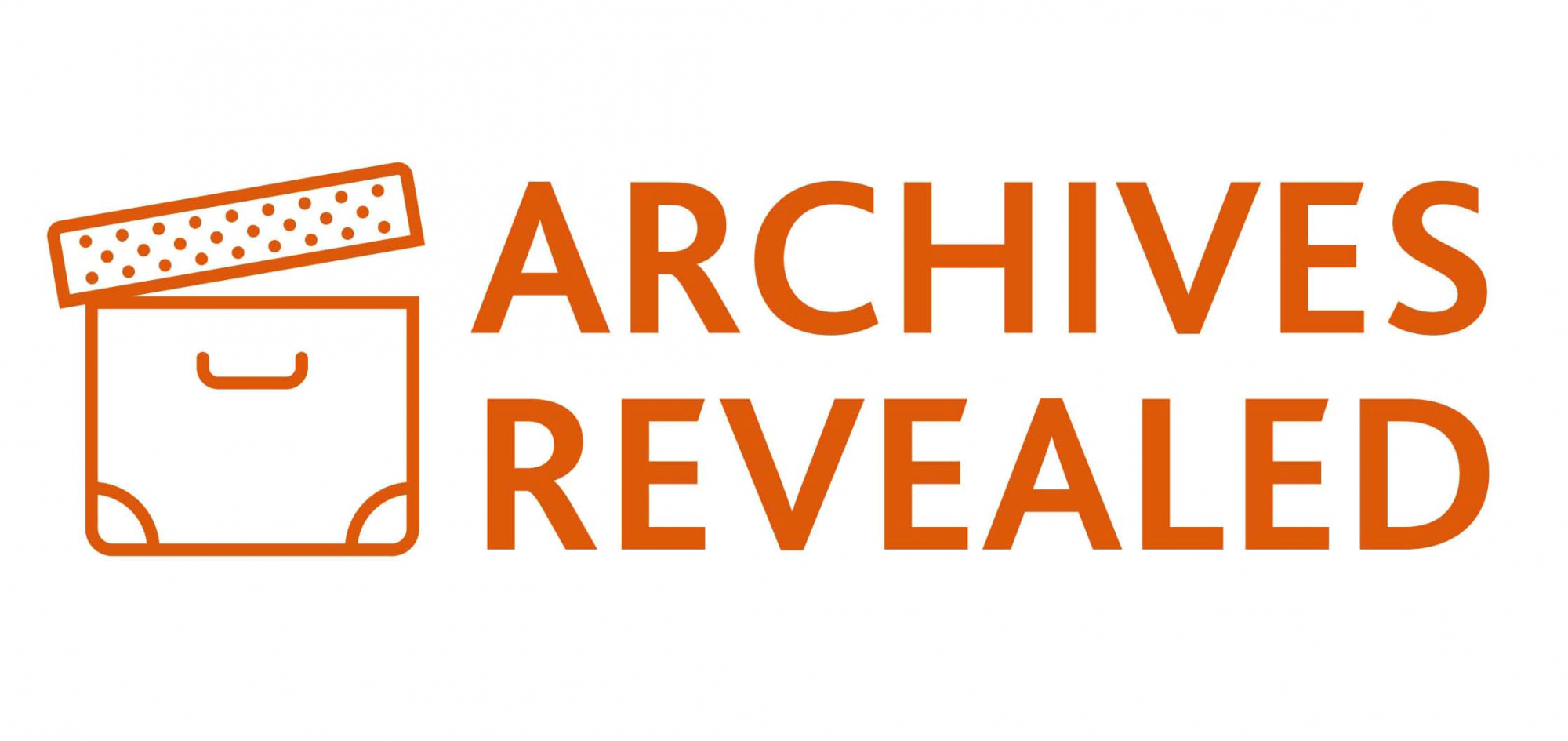Because our records are unique and irreplaceable!
Before entering the Reading Room
All bags, briefcases, suitcases, coats, umbrellas, opaque folders and document wallets, pens, erasers, pencil sharpeners, food and drink must be left in the lockers located outside the Archive Reading Room. The Museum Pay Desk will issue you with a lock and key.

You will be asked to read our ‘Handling and care of the documents’ guidelines prior to viewing documents in the Reading Room.
We also ask you to watch the video guide produced by The National Archives about handling archival materials.
Inside the Reading Room

Preservation is paramount, so please be aware that documents must be treated with great care at all times and returned as issued. Documents must not be removed from the Archive Reading Room. In some instances, documents will be weighed before they are issued and re-weighed following their use.
Ensure you have room to accommodate your document, and you have all handling aids needed. Please ask Archive staff if you would like assistance with handling, unfolding, opening, or repackaging a document. Various supports and weights are available to assist with the safe viewing of document.
Documents must either lie flat upon a table or, in the case of a volume, on a book support.
Work carefully through the document, turning pages individually, respecting its vulnerabilities. In some cases, you may be asked to use a page turner to turn pages.
Always retain the document order.
Please only write with pencil (preferably 2B) and do not write on or trace directly from documents. Pencils with erasers are not permitted.
Do not fold pages.
Do not insert page markers into documents. If you require page markers, ask a member of staff who will provide you with conservation grade markers.
Do not attempt to remove fasteners or remove pages from binders. If you require assistance with tags, please see a member of staff.
Do not remove encapsulated documents from their envelopes.
Mobile phones, laptops and tablets are permitted in the Archive Reading Room but must be set to silent mode.
The Archive Reading Room is a quiet area; please keep noise to a minimum. We kindly ask that telephone calls are taken outside of the room.
Archival material is made available for private research only and must not be used for commercial activity of any kind. Commercial is defined as intended for or directed to commercial advantage or private monetary compensation. Where publication may occur in the future, it must be declared to the British Motor Industry Heritage Trust (BMIHT) Archive and additional permission sought from the BMIHT and or, appropriate copyright holder.
A Photography Permit must be purchased prior to taking photographs of documents.
For readers with a valid photography permit
Please turn the flash off when taking photos of documents with your camera or on your mobile phone.
Pictures must be taken under normal Reading Room conditions, i.e. seated or standing at a table. You must not put documents on the floor, stand on tables or chairs.
Tripods or external lighting and umbrellas are not permitted in the Reading Room.
Read the Photography in the Archive Reading Room page with more information about photography permits.
Compliance
Some material cannot be copied for reasons including copyright, data protection, format, and condition.
If you wish to publish or reproduce any material from our collections, you will need to request specific permission in writing and pay the appropriate licence fee in advance.
For more information, visit the Photography in the Archive Reading Room page.
We apply relevant closure periods to records which contain sensitive personal information. Records protected by closure periods are not available to view.
Any use of personal data contained within documents must be in compliance with the Data Protection Act. You cannot make the results of your research available in a form that identifies any data subject without the consent, in writing, of the data subject or the data controller.
By using the British Motor Industry Heritage Trust Archive Reading Room you are agreeing to these terms and conditions.
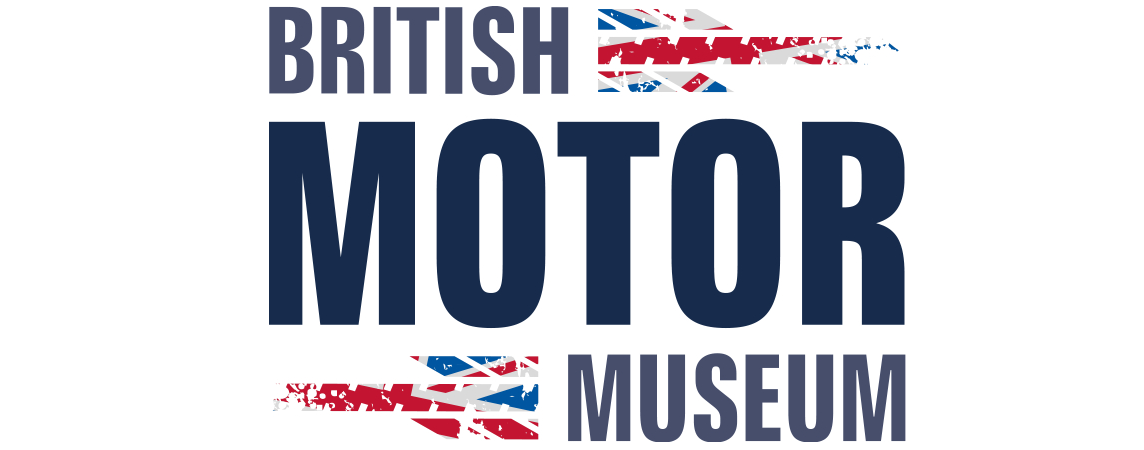




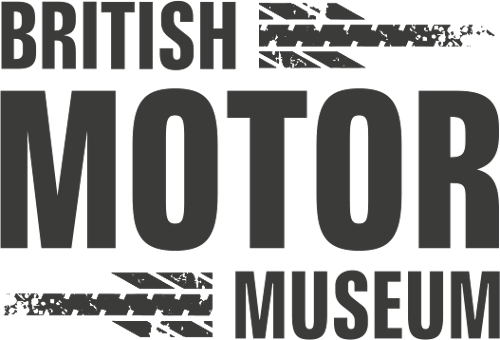
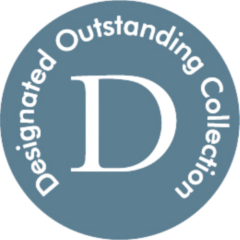
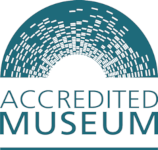












.png)


